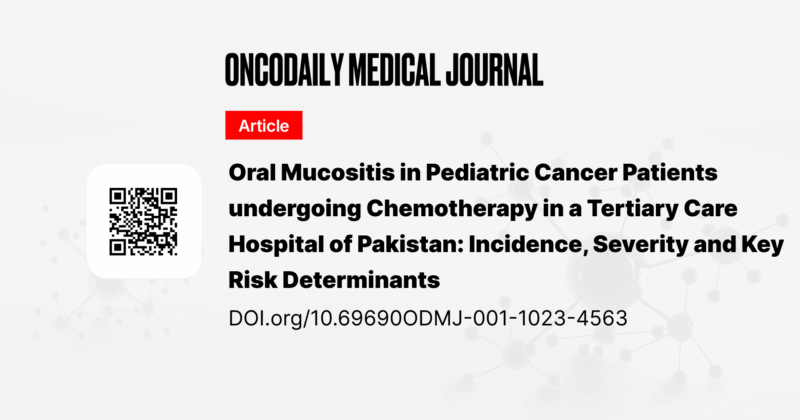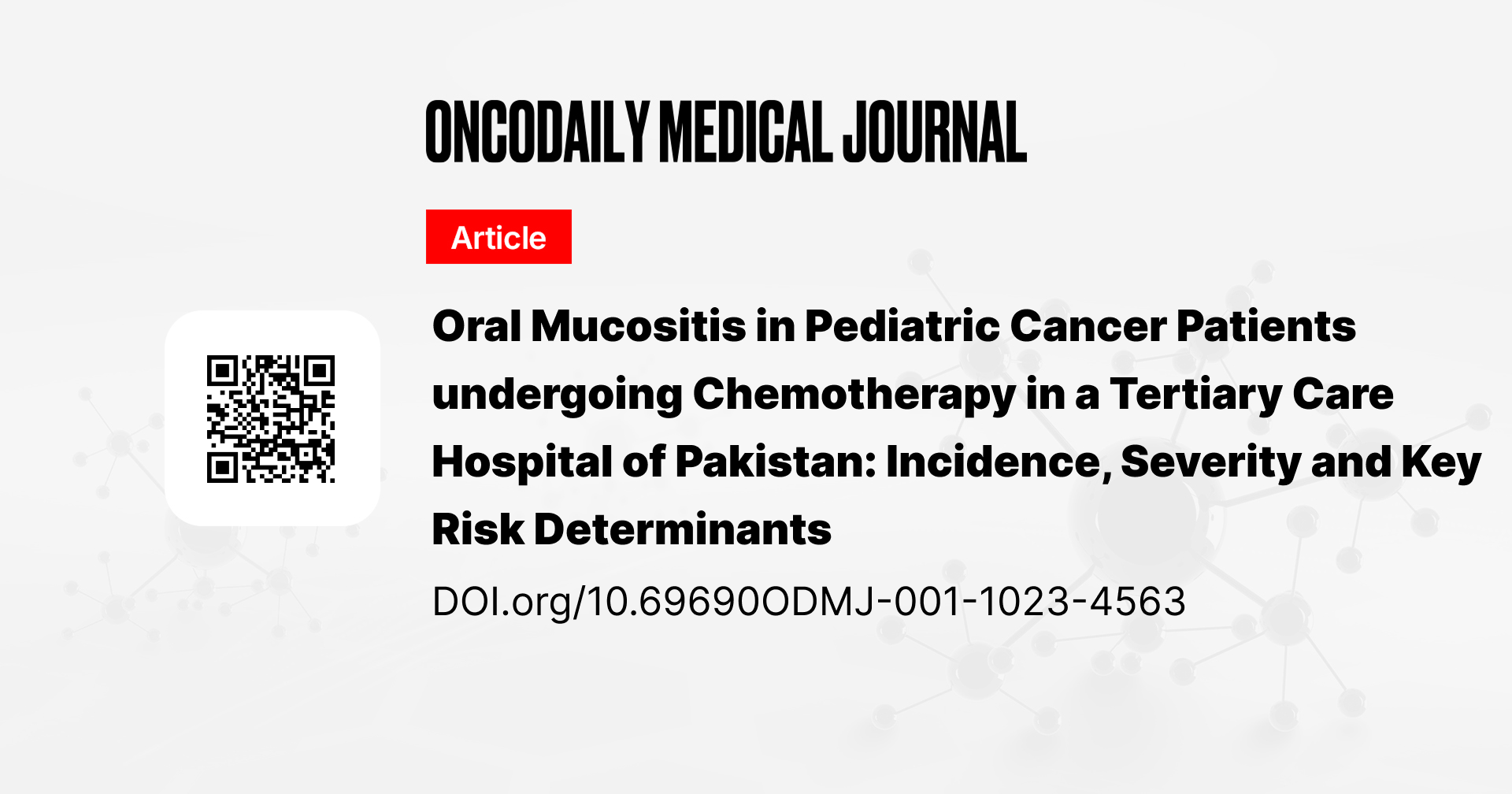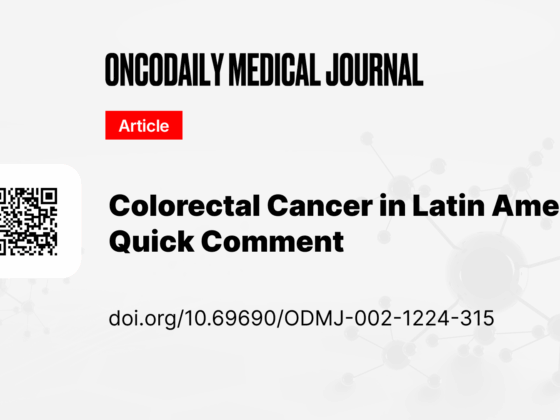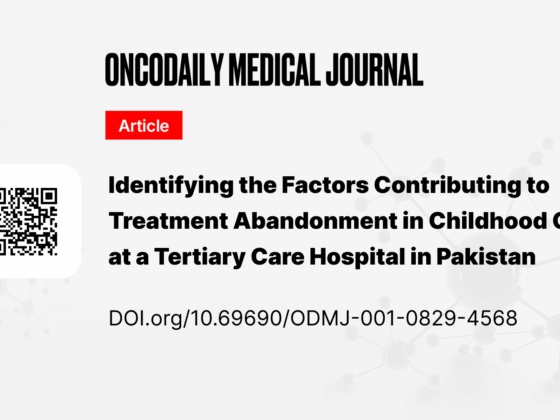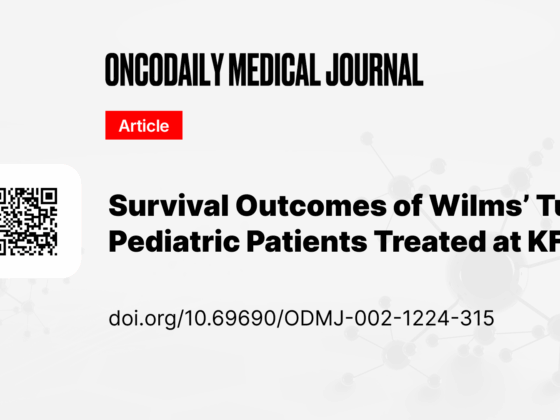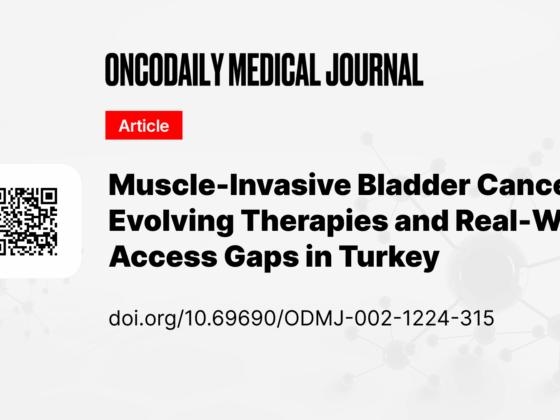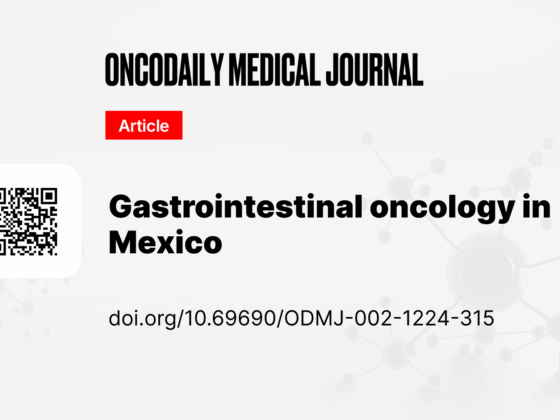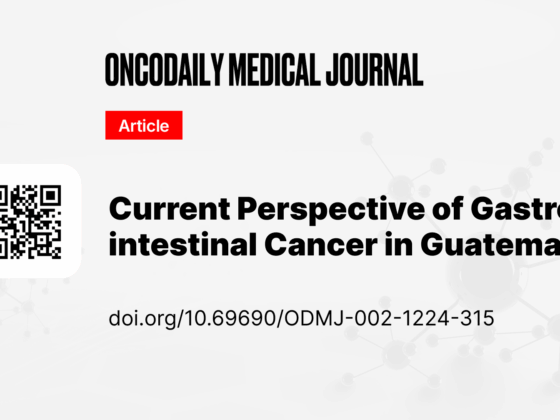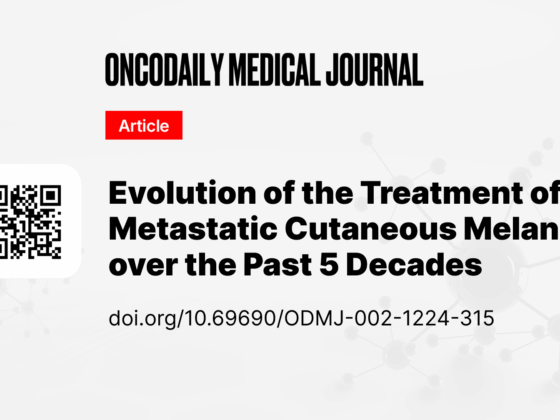In this article, we summarise a paper by Hijab Shaheen et al., published in the OncoDaily Medical Journal, examining the prevalence, severity, and key risk factors for oral mucositis (OM) in pediatric cancer patients undergoing chemotherapy at a tertiary care hospital in Pakistan.
Title: Oral Mucositis in Pediatric Cancer Patients Undergoing Chemotherapy in a Tertiary Care Hospital of Pakistan: Incidence, Severity, and Key Risk Determinants
Authors: Hijab Shaheen et al.
DOI: 10.69690/ODMJ-001-1023-4563
Full article
Oral mucositis (OM) is a common and painful complication of chemotherapy in pediatric cancer patients. This study, conducted at the Children’s Hospital, Pakistan Institute of Medical Sciences, Islamabad, identified key risk factors for OM, including chemotherapy regimen type, use of methotrexate, poor oral hygiene, and baseline hematological parameters such as anemia and neutropenia. The study followed 81 children aged 1–13 years over 12 weeks and found that 42% developed OM, with 41.2% experiencing severe forms (Grade III–IV). The incidence was notably higher in children aged 6–10 years and those receiving cyclic chemotherapy regimens.
The research underscores the importance of early detection, regular oral assessments, and caregiver education on oral hygiene to prevent or mitigate OM. The study also calls for more structured protocols for OM management in resource-limited settings, particularly in pediatric oncology care.
To address the issue of oral mucositis (OM) in pediatric cancer patients, it is crucial to integrate regular, standardized oral assessments and improve oral hygiene practices as part of routine pediatric oncology care. Preventive strategies should be tailored to individual patients, taking into account their hematological factors and the specific chemotherapy regimens they are undergoing.
Additionally, caregiver education plays a vital role in recognizing early signs of OM and promoting proper oral hygiene to reduce the risk of severe complications. Furthermore, larger, multicenter studies are needed to further investigate the risk factors for OM and to develop more effective preventive strategies in pediatric oncology care.

